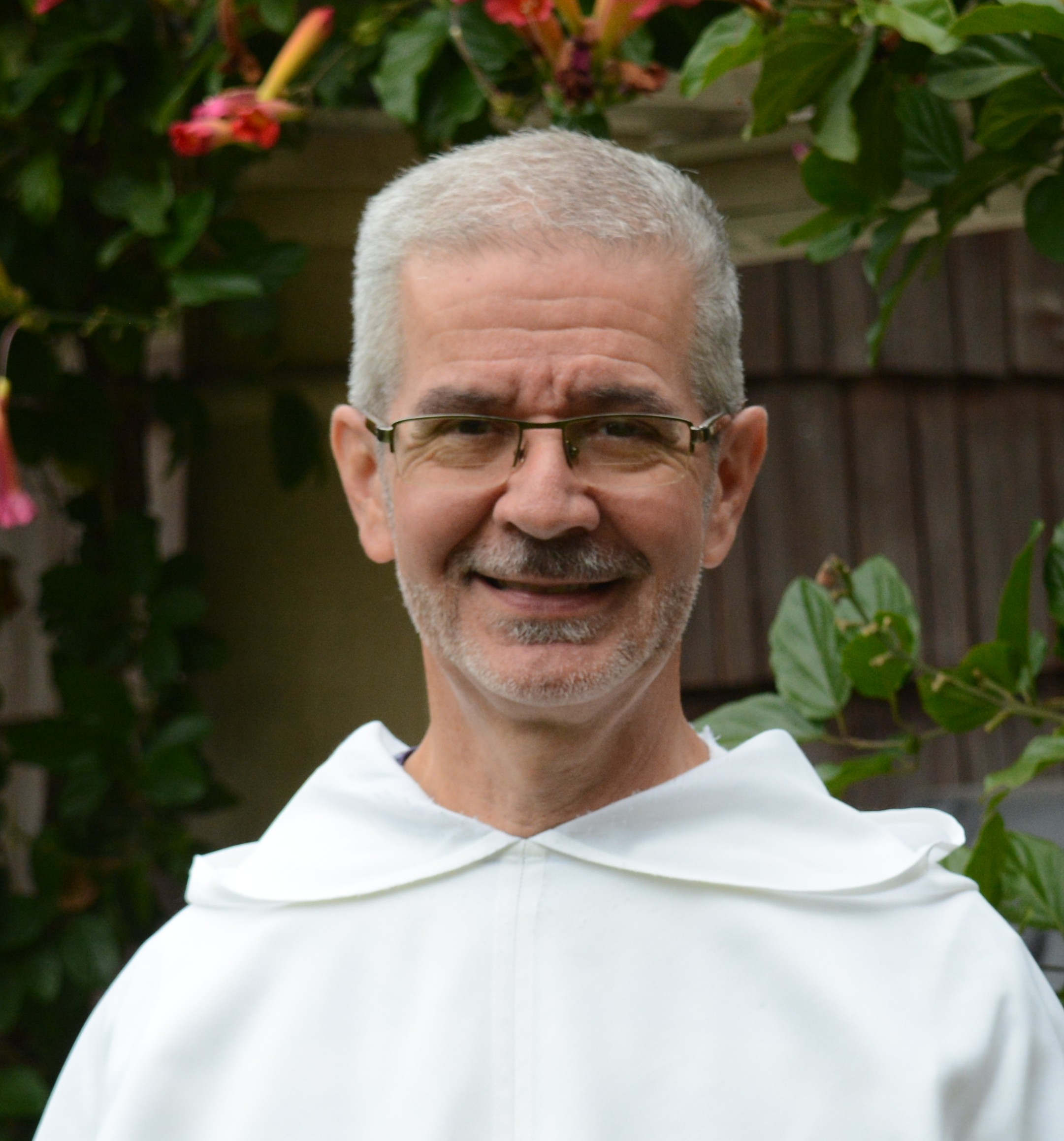
Fr. Christopher J. Renz, OP
Courses Taught
- Foundations of Catholic Liturgy: The Ongoing Work of Jesus Christ (LSRA 1500)
- Christian Iconography (RAHS 2604)
- Liturgical Anthropology (LSRA-4500), recipient of a grant from the Templeton Foundation. Read more.
- Poetry & Creative Intuition (PHRA-4310)
- Food: Does Local Really Matter? (SPST-4065)
Recent Publications
- Don’t Look Away! – art and the religious cultural imagination in ministerial formation and clergy well-being," forthcoming in Offerings 21 (September 2025).
- "Active Participation in the Anthropocene Age," Worship, 99, no 2 (April 2025), 149-168.
- The Spirit of Cinema, editor (Oakland, CA: Albertus Magnus Press, Spring 2025).
- Putting on Christ - ineffable splendor and liturgical vestments, editor (Oakland, CA: Albertus Magnus Press, Fall 2019).
- “Aggiornamento on Campus: William Blase Schauer, O.P. and the ‘Las Cruces Experiment'” in Preaching With Their Lives - Dominicans on Mission in the United States After 1850. Edited by Margaret M. McGuinness and Jeffrey M. Burns. Fordham University Press, 2020.
- “The Hymn of Creation and the Divine Office,” in Sacred Sounds - exhibition booklet, Spring 2019 (Berkeley, CA: Doug Adams Gallery, 2019).
From the Professor
My background as a scientist provides a lens through which I view all of my academic work in philosophy and theology. The net effect is that I am constantly asking myself questions such as, “How does this impact the human person in her or his everyday life?” or “How can this idea enhance one’s faith journey?” My goal is to understand not only the biology of the human body but also the “chemistry” of the human spirit. I believe that such “scientific exploration” augments our foundational approach here at DSPT in the interface between philosophy and theology.
Jacques Maritain, the well-known 20th century neo-Thomist philosopher, noted, “Left to the freedom of its spiritual nature, the intellect strives to engender in beauty.” I am interested to explore the ramifications of such a statement in three particular areas: poetry, Catholic culture, and Catholic worship. The ubiquitous quest for experiences of beauty has implications not only for individuals but also for society. By (re)engendering a capacity for mystery, wonder, and awe in each and every person, the Catholic Church will make a profound contribution to the new evangelization, and redirect the faithful to a life that participates more fully and consciously in the Paschal Mystery itself.
Of course, the Dominican Order has had a long relationship with the fine arts. Our recently deceased Fr. Michael Morris had begun a new project on Dominican artist since the nineteenth century and had compiled a list of over 300 names! The motto of the Order, Veritas, points us not only in the direction of Truth but also the siblings of Goodness and Beauty. Our emphasis at DSPT on the integration of philosophical and theological inquiry encourages a deep exploration of this tri-fold relationship. My own interests in liturgical anthropology explores the profound impact that the fine arts can and should have on Catholic worship and culture. I hope that professionals who work in the sacred arts (architecture, visual arts, and music) would come to DSPT to explore these issues and understand more clearly how to apply their own expertise to facilitate our praise and worship of God.
The last two decades have seen a significant expansion in research dedicated to exploring the role of spirituality and religious practice in patient health. My own interest in this field focuses on facilitating a conversation between health care professionals, scientists, philosophers and theologians on the nature of the human person. While science can tell us about the human body, philosophy and theology augment our understanding of the human person.
Through recent participation on the national advisory board for the “Science for Seminaries” Project sponsored by the Dialogue on Science, Ethics, and Religion (DoSER) I found great delight and excitement in helping others discover creative ways to bring science into the seminary curriculum.
My hobbies include hiking, gardening, cooking and baking, choral singing, and genealogy.
